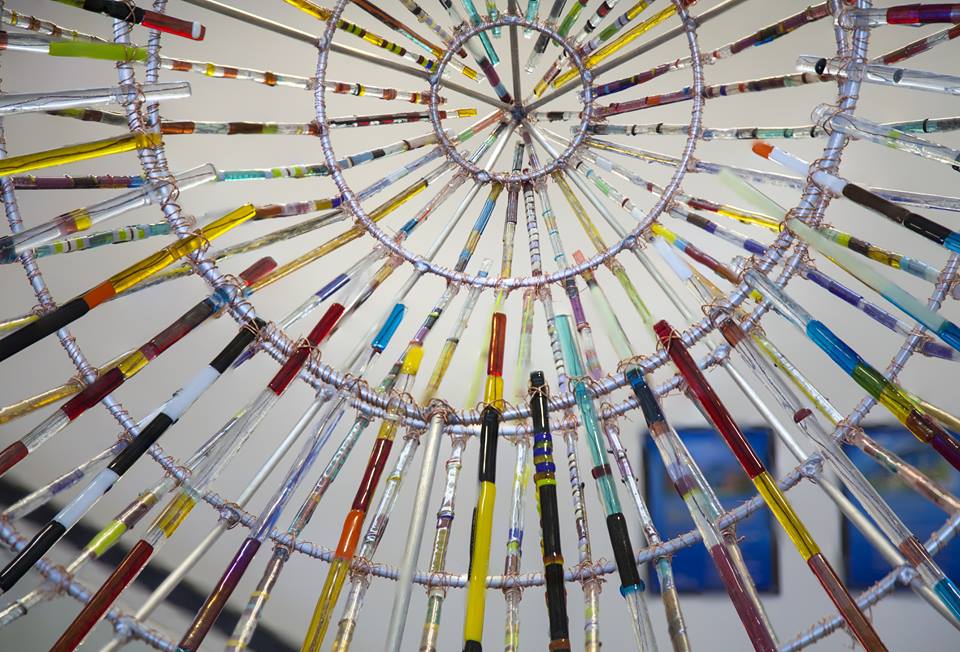The National Standard for Arts Information Exchange (a.k.a. “the Standard”) is a taxonomy of data fields for use in the arts as a means to collect and analyze compatible information about constituents, projects, activities and resources. The Standard recommends database fields that are valuable to collect and offers specific terms, definitions and guidelines for formatting the data. Used by the country’s 56 state arts agencies, six regional arts organizations and the National Endowment for the Arts, the Standard enables aggregation and analysis of important arts information that would otherwise be reported inconsistently across agencies, thus making possible nationally comparable data on publicly supported arts activities.
National Standard information is mined at the state and national levels to track the distribution and impact of arts funding across the United States. Designed to provide easy access to data that is consistent from agency to agency, information in the National Standard format can be analyzed to understand trends over time, to compare grant making among states and regions, and to document how public dollars are spent.
The system was developed in the late 1970s by the National Information Systems Project, a research working group funded by the National Endowment for the Arts that included regional arts organizations, NASAA, state arts agency leaders and Henry Bromelkamp. For comprehensive documentation on the National Standard, see the National Standard Reference Guide and Revisions History.
Revisions
To maintain the Standard as a useful information collection system, periodic revisions are made to reflect new conditions and patterns in the arts funding environment. The NASAA board of directors and the National Endowment for the Arts have adopted a set of policies that govern the ongoing maintenance and amendment of the Standard:
- NASAA routinely solicits and collects feedback on the usability and effectiveness of the Standard from states and regions.
- If routine feedback indicates a need for change to the Standard, a formal revision cycle is initiated, no more frequently than every four years.
- This revision process involves a thorough assessment of the ways in which the Standard does/does not meet state, regional and federal needs.
- A joint NASAA-NEA working group (comprised of representatives of states, regions, NASAA and the NEA) oversees revisions to the standard. The purpose of this working group is to recommend how the National Standard for Arts Information Exchange can be maintained and adjusted to better inform state, jurisdictional and national arts policy discussions and provide comparative information to users.
- A revisions proposal is drafted by the working group and shared with states and regions, which have the opportunity to comment and suggest changes prior to the proposal being submitted to the NASAA board of directors and NEA senior staff for final approval.
In addition to following the required procedures above, NASAA also typically invites supplemental input on National Standard issues from a variety of other experts (including database providers, discipline experts, arts researchers, and taxonomy specialists) to supply the working group with additional perspectives and guidance on key issues during its revisions deliberations.
For Additional Help
Your first point of contact for implementation assistance should be the NASAA office. The following kinds of consultation are available:
- review of draft application, mailing list and final report forms to ensure National Standard compliance
- help with the construction of accurate and appropriate data collection questions and techniques
- training for agency staff responsible for FDR reporting
- orientation for program staff responsible for project coding
- preparation of sample state-level data analysis models
- referrals to peer state agencies for information, models and ideas
- assistance with the development of new database file structures and report forms
Depending upon the circumstances and available funds, technical assistance workshops and individual agency site visits are sometimes possible. For more information, please contact the NASAA research staff at 202-347-6352.

Updated March 2014

